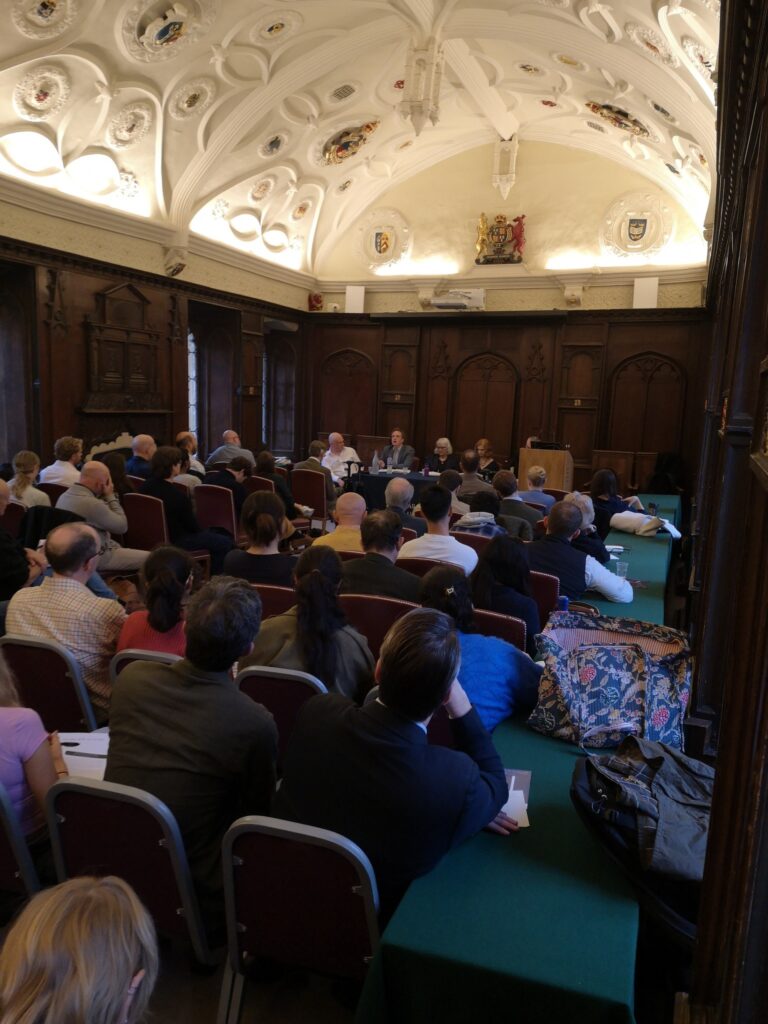The #IR view of how to survive in a hostile world
The Changing Character of War programme at #Oxford discuss Patrick Porter’s new book with Stanford University Press. Porter argues for realism – what I would call the “lawful evil” path of international relations – as the right response in an age of war, economic dislocation, and climate crisis.
Panel includes:
Prof. Patrick Porter, University of Birmingham
Dr. Susan B. Martin, King’s College London
Dr. Jeanne Morefield, Oxford
Dr. David Blagden, Exeter
Dr. Seán Molloy, Kent

He takes on three common critiques: that realism is immoral, unrealistic, and provincial. Porter claims the opposite, that it’s moral in defending the polity where no higher law exists, realistic about how human groups behave, and globally useful beyond the Euro-Atlantic world.
But, this is Oxford #IR, so don’t expect much challenge. The reality is that Realism means “how to manage decline without admitting it.” What is not addressed is that it’s hard to argue for realism in the age of #climatechaos and the global hard-right shift. If the state is the rational actor, it’s already captured, the elitists circling their wagons. Strongman politics is the new “stability.” So we’ll likely hear about “peace through strength,” the same logic that once drove Japan before WWII, and now drives Israel. One thing is clear, they hate the liberal imperialism of the last 20 years – Afghanistan, Iraq, Libya.
The deeper question – what’s the optimal flock size for survival in a hostile world? – is fudged, because that would mean admitting that the tribe (the class), not the state, is what matters to them, the in group and the out group. In short: realism is an ideology for managing collapse, not preventing it. We need to move beyond this, toward post-capitalist, trust-based cooperation, not another round of “lawful evil” realism.
